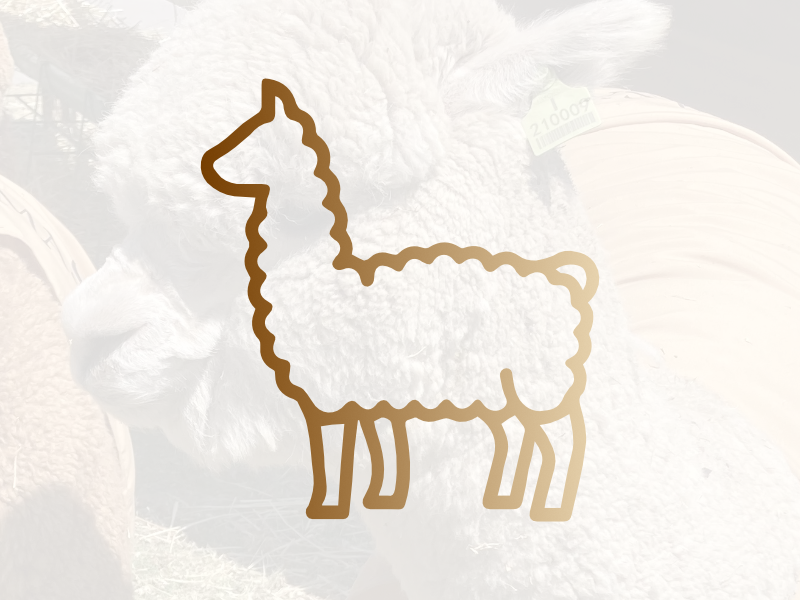Alpaca Fiber
The indigenous peoples of the central Andes mountains domesticated alpacas from vicuñas over 5000 years ago. The alpaca's fiber, prized for just as long, has been crafted into their textile traditions across generations.

Hypoallergenic
Lanolin - the oil naturally secreted by sheep and other woolly animals, is what most often causes an allergic reaction to wools. Alpacas do not produce lanolin, and therefore their wool contains no lanolin. The result is a naturally allergen-free fiber.
Thermoregulation
A big fancy words to really just say, the alpaca fibers 'breath'. Unlike most other natural wool fibers, alpaca fiber is noticeably hollow when viewed under a microscope. This allows temperature to be more easily regulated - it holds onto heat when needed, and releases heat as needed.
Sustainable
The very farming of alpacas is more sustainable than that of other wool producing animals. The alpaca was domesticated with its ability to efficiently extract its nutrients from the little vegetation available in the harsh Andes elevation. Its wool is then more easily washed than that of other animals, and is available in at least 22 different naturally occuring tones.
